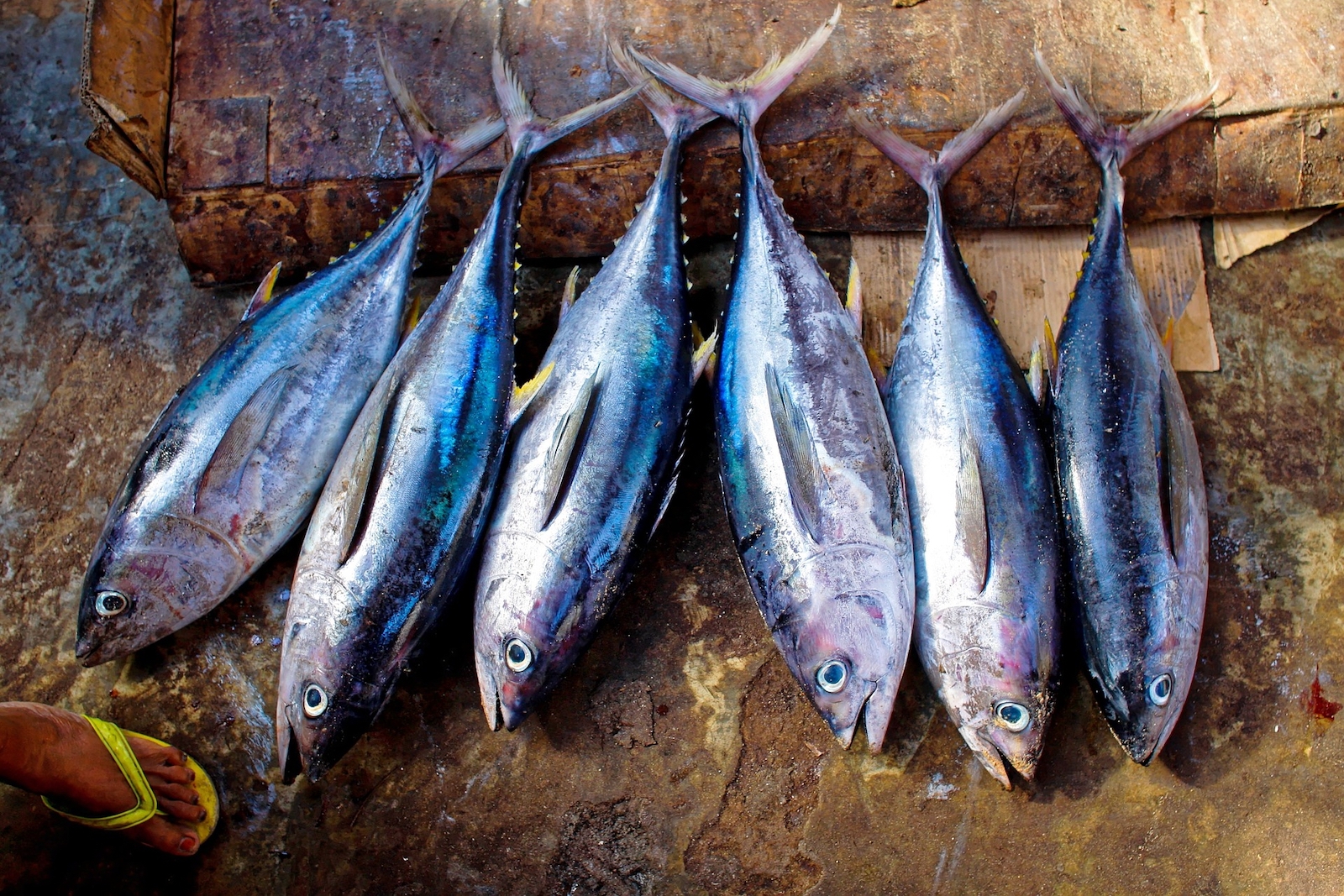
Tech
Beyond the Bitcoin Bubble, a New Toolkit for Regulators
No invention since the Internet has sparked as much debate as blockchain. The technology has frequently been called the invention of the century, prompting a frenzy that has slowly moved from the fringes into the mainstream. Higher-profile companies have started attaching themselves to the technology. Old-timers like Eastman Kodak saw their shares more than double in a single day after they announced the release of a cryptocurrency.
Skeptics abound, however. Bitcoin’s skyrocketing market value was referred to as “a speculative bubble that makes the 1990s Internet IPO frenzy look like a neighborhood garage sale,” while others warned that blockchain hysteria may be built on a “precarious foundation.” But beyond the headlines, the technology’s most interesting aspect is also the dreariest: blockchain can efficiently regulate complex industries, while both promoting economic growth and ensuring consumer protection.
Two London-based companies are exploring ways to apply blockchain to supply chain management in particularly contentious industries: seafood fishing, particularly tuna, and diamonds. The €16 billion-per-year supply chain sector is the backbone of global trade, but is fraught with high transactional costs, errors, and fraud.
Historically, tracing back the complete chain of custody of either tuna or African diamonds has been nearly impossible. Even when the buying and selling of Pacific tuna is monitored at all, the paper records used to do so are easily lost or tampered with, and are often duplicated or outright forged. Diamond industry experts estimate that a packet of diamonds changes hands on average 8 to 10 times between its country of origin and its final destination.
Tracking the provenance of tuna and diamonds is especially critical due to these industries’ history of grave human rights and environmental abuses. As much as 80% of canned tuna on the shelves is caught unsustainably. Certain tuna species are in serious danger of extinction; the Pacific bluefin tuna population is 2.9% of its historic size. 10-15% of commercial fishermen around the world work in slave-like conditions; the percentage is much higher in Southeast Asia, with an estimated three-quarter of Thai migrant fishermen living in bondage. While the Kimberley Process, instituted in 2000, helped reduce the number of conflict diamonds used to fund armed insurrection, the verification method “remains riddled with loopholes” and does not address myriad other diamond-related abuses, including the use of child labor and unsafe working conditions.
While it may seem tempting to boycott diamonds and tuna entirely, this would strip the livelihood away from the millions of people who earn their living fishing or mining for diamonds. Blockchain promises to provide what has been necessary for a long time – an inexpensive, transparent, and reliable way to register, certify and track these goods throughout the supply chain.
Via Provenance’s platform, fishermen send SMS messages registering their catch. Subsequent processes such as tinning are added to the blockchain, so that the final consumer can scan a product on the supermarket shelf and access information about the catch’s origin and journey. Everledger uses more than 40 characteristics to create a “digital thumbprint” for each diamond; the blockchain reveals a gem’s full history from mine to display counter. Provenance and Everledger’s innovations are already spreading: diamond titan De Beers has started collaborating with the Antwerp World Diamond Center to build an open blockchain platform for the diamond industry.
These mechanisms allow consumers to shop responsibly, supporting miners and fishermen on the other side of the world while being absolutely certain of the sustainable, conflict-free nature of their purchases.
Blockchain technology is increasingly proposed as a means of building trust and protecting the consumer in another industry: gaming, particularly the rapidly expanding online gambling sector, is slated to reach almost $77 billion by 2020. Blockchain offers governments a new toolbox to not just regulate the industry, but also ensure that consumer protection standards are respected.
Gambling with cryptocurrencies has long been on players’ wish list. The fact that players perceive Bitcoins or other cryptocurrencies as having more inherent value than chips or tokens promises to reduce the already small number of problem gamblers. Why? Because, unlike casino chips, bitcoins can easily be “taken off of a wallet on a gambling site and used at…vendors accepting BTC.” The fact that the blockchain is essentially a massive, incorruptible ledger allows any concerned gambler or regulator to access a record of the site’s transactions. The blockchain can be used to set up smart contracts which self-execute in a transparent, reliable way. The “if…then” nature of these contracts is particularly well-suited to gaming and makes game outcomes far more verifiable.
European gaming regulators are beginning to recognize the tremendous advantages that blockchain technology can bring to the industry. Malta, determined to remain a pioneer in the online gaming sector, is testing the introduction of a cryptocurrency in a virtual sandbox, under the Malta Gaming Authority (MGA). It’s likely that blockchain-based gaming will proliferate widely, within Malta and elsewhere in Europe.
A responsibly regulated gaming industry, which protects its customers and provides them with the information they need, can be a huge economic boon to a community, in the same vein as sustainable, traceable tuna fishing and properly sourced diamonds. Regulators have struggled for a long time with balancing the twin imperatives of consumer protection and encouraging business development. Industries historically have not had the means to give their customers the assurances they are looking for. Fortunately, blockchain technology proves a promising solution to all of these.

